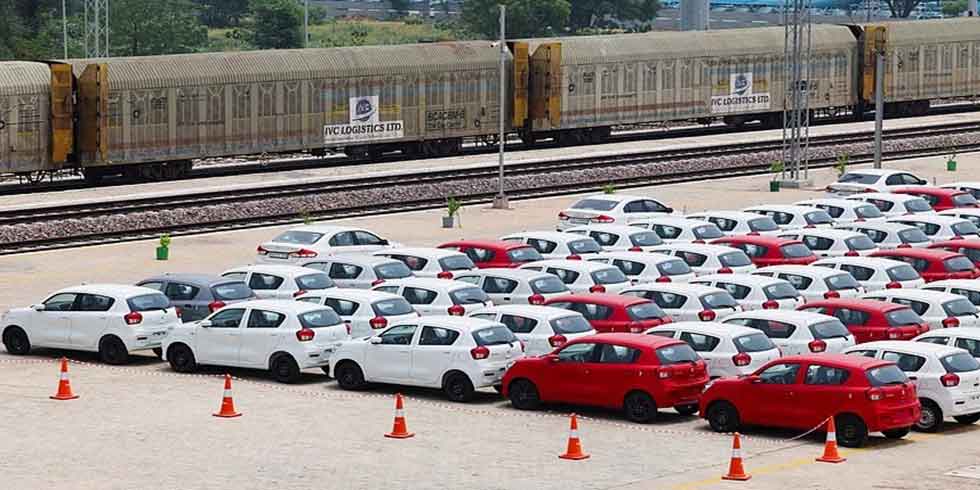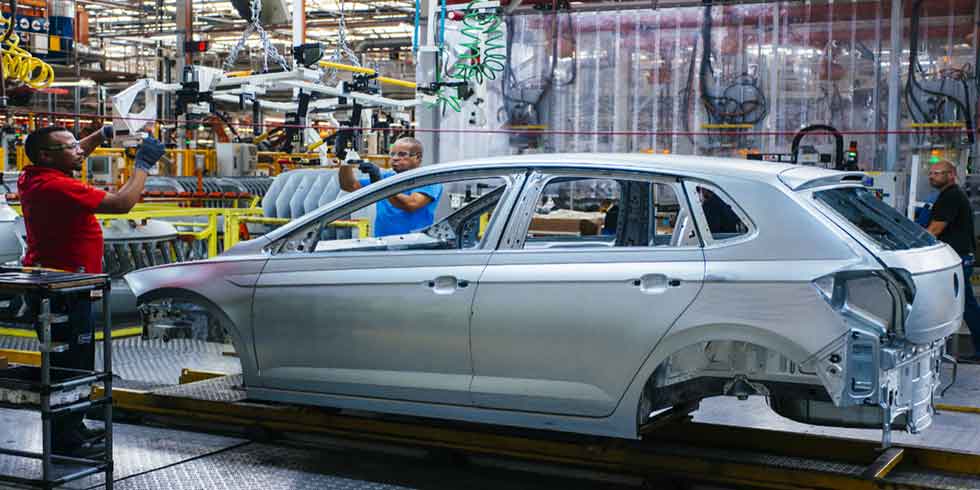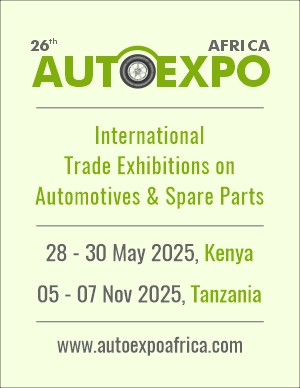Following ten years of sales growth, 2013 saw a humbled Indian passenger vehicle (PV) market report decline in production and sales attributed to slow macroeconomic growth, inflation, fuel price hike, and ongoing government policies.
Despite deterrents, Indian auto market sales is growth bound through competitive pricing in new cars in mid-size and super compact segments, which will steer the market forward. Indian passenger vehicle sales stood at 2.4 million units in 2013. Estimates show this sales volume will climb to 3.6 million in 2019, by which time petrol variant vehicles will dominate the market as price difference between petrol and diesel continues to contract. New car and model launches in the utility vehicle and super compact segments will boost growth trends.
Low car per thousand ratio in India paves the way for car sales. Global manufacturers are catering to the specific needs of the Indian market through new car launches as per a Frost & Sullivan Automotive and Transportation Analyst. Entry level sedans and SUVs from Honda, Ford and Renault ensure advanced vehicles that are cost sensitive resulting in demand, and increased business margins.
Global OEM’s are consistently expanding production capacity in India turning it into an export hub. The next 5 years foresee passenger vehicle production growth at a compound annual growth rate (CAGR) of 4.3%. It comes as no surprise then that within a month of launch Tata Zest compact sedan and Hyundai Elite i20 have collectively garnered more than 25,000 bookings within less than a month of launch. In 2015, growth is likely to reduce owing to duty hikes by the Sri Lankan government, Europe’s non-tariff barriers, and preferential duty agreements with few African and Latin American countries.
India’s price-sensitive domestic market, and fuel price increase affects demand and holds manufacturer profits on a tight leash. A growing trend in metros and large cities sees people opting to use public transport wherever available to avoid traffic, and save time, thereby postponing car buying decisions. Market growth here will be affected by political stability and new reforms. Regulations driving tech advancement, and fuel efficiency improvements will determine future growth courses.
Mid-size and super compact cars key to Indian auto market growth









Add Comment